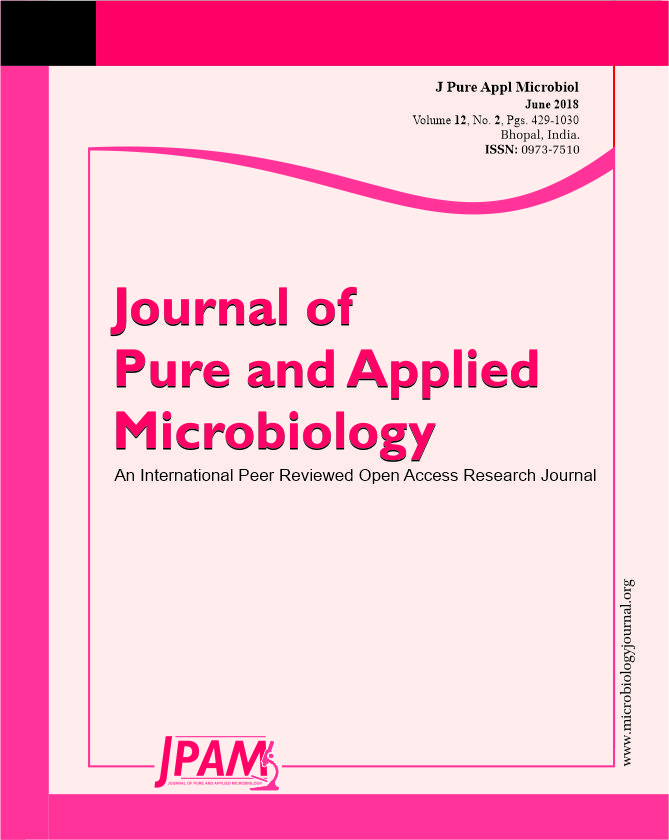This study aimed to assess the effect of titanium nanoparticles (TiNPS) addition into soft denture lining material on Candida albicans (C. albicans) adherence ability, hardness, shear bond strength and spectrophotometer color absorption of the lining material. TiNPS with 2% concentration by weight( according to the pilot study) were added into acrylic-based heat cured soft denture liner. One hundred and twenty different specimens were prepared and divided into four groups according to the test to be performed. The ability of C. albicans to adhere on the soft liner/ TiNPS composite was evaluated in three different periods, also hardness, shear bond strength and light absorption by liner material were measured, the results showed there were significant decrease in adhered Candida cells number on the surface of the experimental specimens in comparison with the control specimens in each incubation period, and significant decrease in the hardness of the experimental specimens. The strength of the shear bond between the soft liner and the acrylic denture base showed non-significant difference but a significant increase in light absorption percentage was observed in all experimental specimens. Thus it can be concluded that the addition of TiNPS can provide soft liner material with antifungal properties, reduced hardness and unaffected shear bond strength with increased opacity of the liner material.
Soft Denture Liner, Candida albicans, Titanium Nanoparticles.
© The Author(s) 2018. Open Access. This article is distributed under the terms of the Creative Commons Attribution 4.0 International License which permits unrestricted use, sharing, distribution, and reproduction in any medium, provided you give appropriate credit to the original author(s) and the source, provide a link to the Creative Commons license, and indicate if changes were made.


